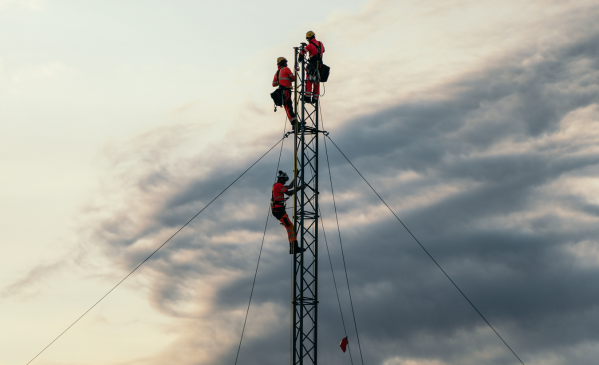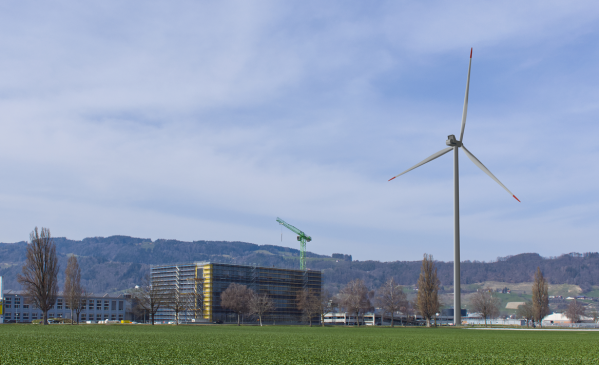As part of the approval process, SFS carried out extensive preliminary investigations into technical feasibility, settlement and environmental compatibility and economic viability and commissioned independent experts to prepare a feasibility study consisting of twelve individual expert opinions. As announced, SFS is publishing the entire feasibility study with a clear summary of the findings from the individual technical reports in the interests of maximum transparency. The comprehensive document is available to all interested parties at rhintlwind.ch. The original intention of the Canton of St. Gallen was to integrate the individual plant into Amendment 23 of the structure plan. An initial participation and consultation process took place from mid-February to the end of March 2024. Based on the feedback, which among other things called for the publication of the entire feasibility study, the implementation will take place in a separate adaptation of the structure plan and will be subject to a second participation and consultation process. The canton will communicate this deadline separately. SFS has already presented the results of the feasibility study at a public information event in March 2024 and published the corresponding documents on the rhintlwind.chwebsite.
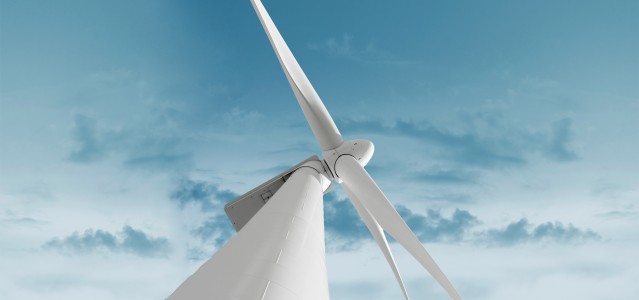
SFS publishes feasibility study on planned wind energy plant
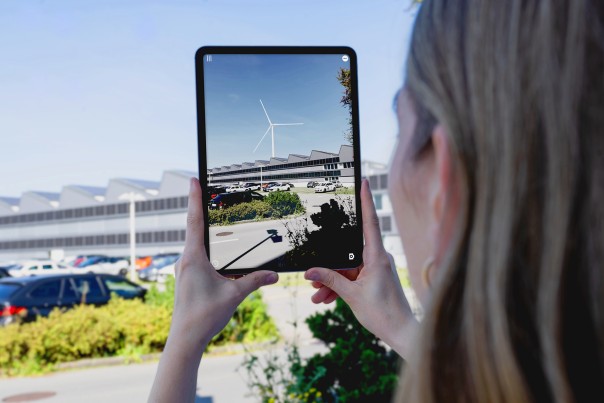
Requirements for environmental compatibility and economic efficiency fulfilled
As part of the feasibility study, independent individual reports were drawn up on the technical and economic feasibility as well as on numerous environmental issues such as noise emissions, landscape and bird protection or shadow and ice throw. The results show that technical feasibility, economic viability and environmental compatibility are given. In individual areas, such as the protection of birds or bats and the prevention of ice and shadow flicker, measures are required whose effects have already been taken into account in the calculation of the energy yield. The individual expert opinion on noise protection has shown that the planned wind turbine will only make a marginal contribution to noise emissions at the Heerbrugg site. However, in the course of the assessment, noise sources at the production plant were identified that no longer meet current requirements. The SFS Group will evaluate and gradually implement mitigation measures for these noise sources. The RhintlWind project has therefore already helped to reduce overall noise pollution at the site.
Subsidies self-financed in five years
With the submission of a municipal popular initiative to prevent the project, the initiators falsely communicated that the facility would be built with subsidies from public funds and that taxpayers would therefore co-finance the project. SFS will bear the entire planning costs as well as the risk if the project does not materialize. As soon as the plant is built, SFS can apply for investment contributions to cover a maximum of 60% of the eligible project costs. The investment contributions are financed from the federal government's grid surcharge fund and are subject to the same mechanisms as the contributions that apply to the installation of photovoltaic systems by companies or private individuals. As a major electricity purchaser, the SFS Group pays around CHF 1,1 million annually into this fund for the promotion of renewable energies via the grid surcharge. SFS would have paid back the maximum subsidies for the project amounting to CHF 4,8 million within five years. Over the 25-year operating life of the wind turbine, SFS will therefore pay five times the investment contribution into the grid surcharge fund.
Reimbursement to the municipality of Au for the sustainability fund
The municipality of Au also benefits from contributions from electricity consumers via a municipal levy. Anyone who produces their own electricity, for example with a photovoltaic system, does not pay any contributions for their own consumption. The operation of the planned wind turbine will reduce the levy to the municipality by around CHF 30,000 per year. It is important to SFS that the RhintlWind project does not result in any financial disadvantages for the municipality. The company will therefore make this annual contribution available to the municipality for the implementation of sustainability measures that will benefit the residents of Au. In total, SFS will therefore reimburse the municipality around CHF 750,000 over the average lifetime of the wind turbine.
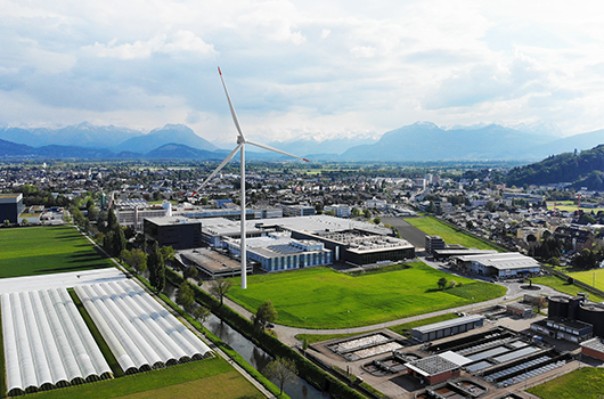
Taking responsibility and strengthening independence
With the RhintlWind project, the SFS Group wants to fulfill its responsibility to the environment and society, contribute to the federal government's Energy Strategy 2050 and to regional energy security, and double its own electricity production in Switzerland. “The wind turbine is the ideal complement to solar energy - especially in winter. It strengthens our independence, secures future-oriented jobs and is a milestone in the sustainable development of the Rhine Valley”, says Jens Breu, CEO of the SFS Group.
If you have any questions or comments, please do not hesitate to contact us at sustainability@sfs.com.

